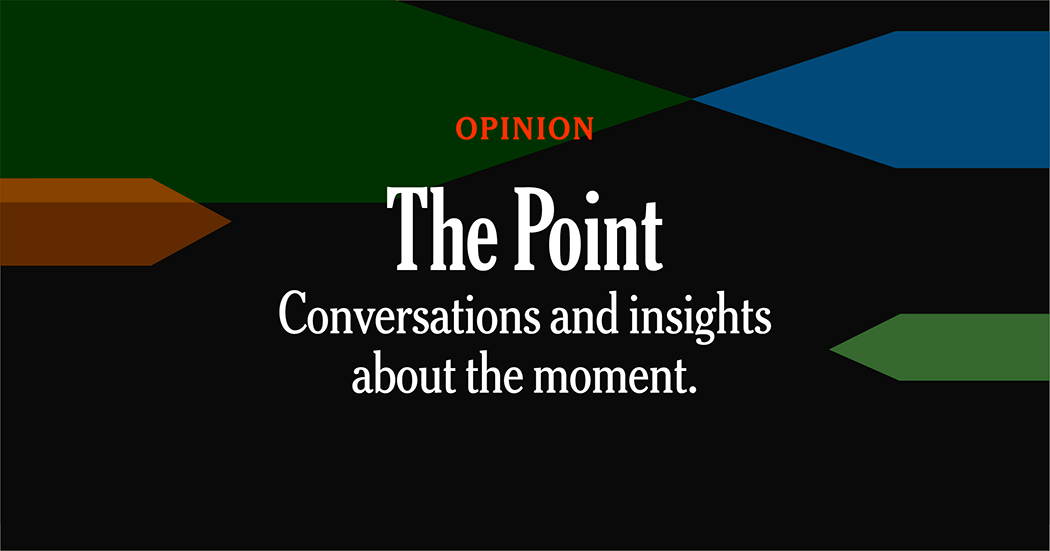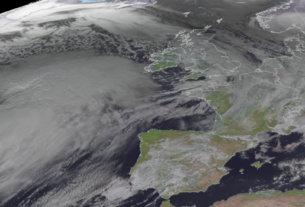I’m in Munich for a big annual meeting of military officials and industry insiders, and I’m hearing two reactions to President Trump’s announcement that he is negotiating an end to the Ukraine-Russia war, over the heads of Ukrainians and NATO allies.
The first is blind fury. “Trump just lost the war,” a former military official from an Eastern European country told me, one of several who spoke to me on condition of anonymity out of fear of attracting the attention of the U.S. administration, at a meeting on the sidelines of the Munich Security Conference, which begins Friday. Why would a man who had built his reputation on “the art of the deal” give in to virtually all of Vladimir Putin’s demands before even sitting down at the table?
That has mystified many Europeans who traveled to Munich hoping that the American president had a better idea about how to bring an end to the bloody conflict. The city hosting the conference has a dark history, with the notorious Munich Agreement of 1938, in which Britain, France and Italy allowed Hitler to annex part of Czechoslovakia. On Thursday a managing partner of a venture capital fund for tech start-ups that defend democracies told the assembled audience that she was in mourning: “I dressed in all black for a reason.”
But I also heard something else: appreciation that Americans were finally being honest about their limitations. Ana Miguel dos Santos, a former member of the European Parliament from Portugal who participated in a NATO-Ukraine working group, told me that she welcomed Trump’s stark statements because they will force Europe to finally wake up and figure out how to protect itself.
“I’m very tired of poetic speeches,” she said, noting that Portugal — like the rest of Europe — was ill prepared for war. “We don’t have troops.”
“I am kind of relieved,” a Polish member of a tech fund told me. Now we know that it’s our job to defend ourselves, he said, “rather than living in a fantasy that we might be defended by somebody else.”
The meeting I attended, which was put together by the U.S. military’s Defense Innovation Unit and Resilience Media, a publication for military tech professionals, was meant to inject a sense of urgency into a defense industry that moves far too slowly. Both Europe and the United States have a lot of work to do — hopefully together — to defend against looming threats.
Even without Trump, a “new trans-Atlantic deal was necessary anyway,” Mircea Geoana, a former Romanian official who recently served as deputy secretary general of NATO, told the assembled audience. The United States can’t fight wars to protect its allies in three theaters — Europe, the Middle East and East Asia. It needs NATO allies to step up.
So yes, it is shocking that Trump seems willing to send the bravest and most battle-tested army in Europe back into the arms of an authoritarian state. But it is also shocking that war has been at Europe’s door for three years — or a decade, depending on how you count — and so many European leaders are still walking around in a daydream. If Russia is the dire threat that European leaders say they know it is, they need to start acting like it.
Feb. 14, 2025
:
An earlier version of this article mischaracterized the publication Resilience Media. It is intended for military tech professionals; it is not run by them.





